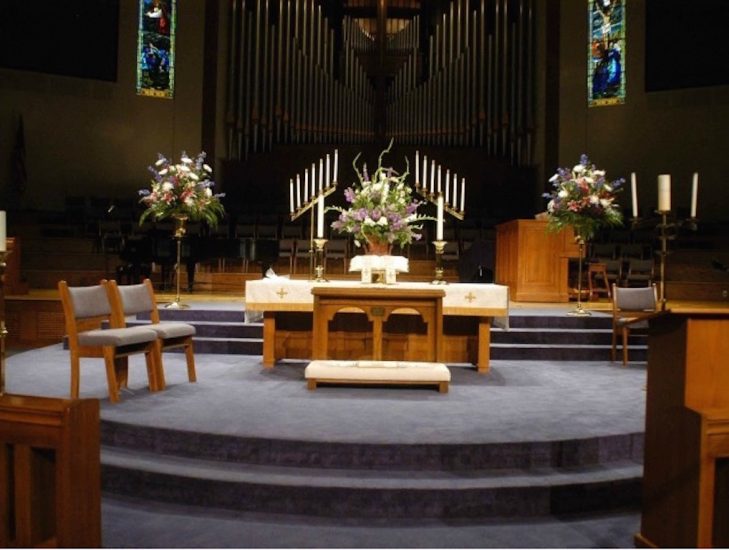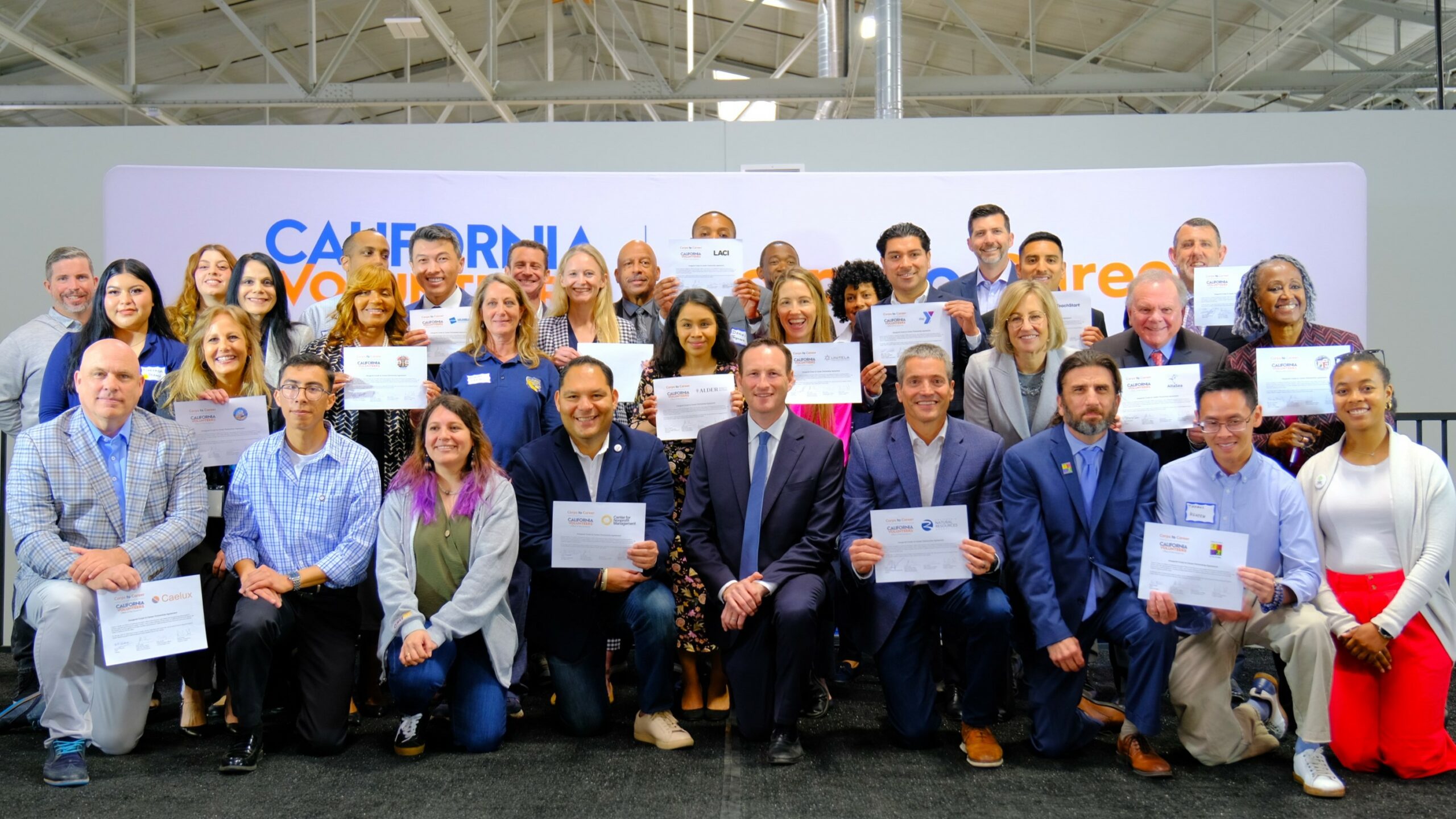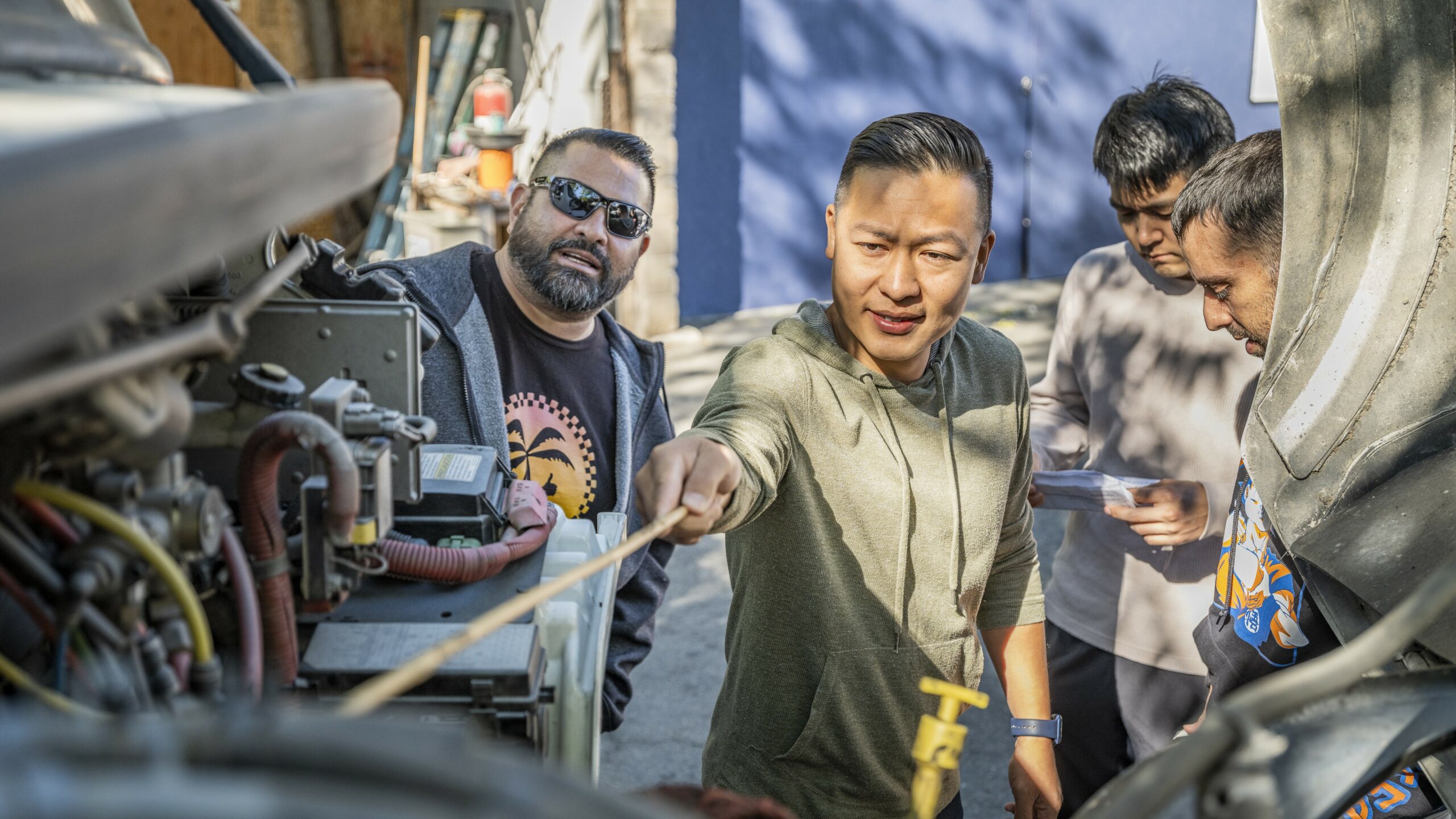The idea of networking to find a better job did not occur to Tonette White until the day she suddenly found herself without one.
White lost her job working as a job recruiter and trainer, and living with the uncertainty of unemployment was painful for her. Finding a new job, however, seemed just as daunting as unemployment.
“It’s a life skill that everybody should learn, like balancing a checkbook,” White said of job-hunting.
Through a friend, White learned about a regular networking event hosted by the Job Networking Ministry at the Roswell United Methodist Church in Roswell, Georgia, not too far from where she lived. White went to the church thinking she would find leads for a new job. What she found instead is a vast support system, including a variety of workshops intended to teach congregants the necessary skills to find a job in today’s economy.
“When people are out of work, every aspect of their life is threatened,” says Katherine Simons, a Volunteer Leader and Trainer at RUMC Job Networking. “It’s a natural segue for any church to be able to offer a program that’s going to help people find direction and not give up hope.”
Linking God and LinkedIn
Faith-based organizations have long offered job training and networking programs when the members of their congregations face hard times. Such services came into higher demand during the financial crisis, when 8.8 million jobs were lost and the unemployment rate jumped to a high of 10 percent in 2009 from 5 percent in 2007, according to the U.S. Bureau of Labor Statistics.
The RUMC was no exception to that rule: The unemployment rate in North Georgia rose to 11.9 percent in 2009, and the church saw a considerable increase in the number of attendees at its workshops during the recession.
“Many of the people attending our dinners then had never been out of work before,” Simons recalls. “They had been in their job for 25 years or more, and they didn’t know where to begin.”
Though the jobs landscape has improved since the height of the financial crisis, the U.S. still faces a jobs crisis. Automation, globalization, demographics, and a lack of the right kinds of educational opportunities will make it increasingly difficult for many workers to find adequate employment in the future. Faith-based organizations are one of many bulwarks that could help provide solutions in the form of training, connections, and helping people to develop critical skills.
Get-the-Job Training
While the RUMC has had a job-networking program in some form since 1988, Jay Litton, a volunteer leader, helped to expand the program’s reach and breadth. Starting in 1999, the program became a ministry, meaning that in addition to all the coaching they receive the congregation is asked to pray for job hunters.
“I thought, ‘I don’t think God wants this to be a program. I think God wants this to be a ministry,’ meaning we include God in the job search and we pray for people,” he says. “You don’t need to be overt about it, but I think you should be intentional about it.”
The 27 workshops the RUMC offers each year range from “How to Change Negatives to Positives During Transition” to “You Landed the Interview…. Now What?” Each one is explicitly designed to help attendees find work and re-establish their faith in themselves and in God.
The job coaches, human resource directors, job recruiters, and business leaders who teach the workshops instruct attendees on how to spruce up their resumes, create a LinkedIn page, and master the basics of networking. The RUMC Job Networking ministry has more than 360 volunteers, and some 80 of them are on-site for each of the group’s twice-monthly meetings, running the workshops, checking people in, serving dinner, and leading prayers. Between 150 and 300 job-seekers attend each meeting, the church says.
In addition to the workshops, RUMC Job Networking also offers job-seekers access to Attire for Hire, a program that has helped more than 2,000 people since it was founded by Litton’s wife, Donna, in 2011. The program provides free “interview-ready” clothing to attendees. The ministry also works in tandem with the Crossroads Career® Network, a national group of churches and ministries that help people find jobs and careers. No detail is too small when it comes to finding a job: If an attendee’s headshot on their LinkedIn page looks dated, the RUMC Job Network has an on-site photographer who can remedy the situation.
“If they’re using a photograph from college graduation and it’s 15 years old, we tell them, ‘We can do better than this,’” says Simons.
It’s difficult for the church to keep a direct tally on how many people have found jobs through its programs, as job-seekers are often using many different resources at the same time in order to land a new gig. However, one large employer told the church that they had hired some 40 people directly from the networking events and job fairs the church holds.
As for White, she eventually was able to find a job with Goodwill of North Georgia through her work with both Crossroads and the RUMC. Now, she volunteers her time as a workshop facilitator at RUMC.
“Because of the environment that the RUMC workshop is in, it allowed me to pick myself up quicker when I got the rejection letter or didn’t get any response from the job I applied to,” says White. “I always went back to the knowledge that I’m a believer, and that this too shall pass.”
Photo courtesy of Roswell United Methodist Church.











